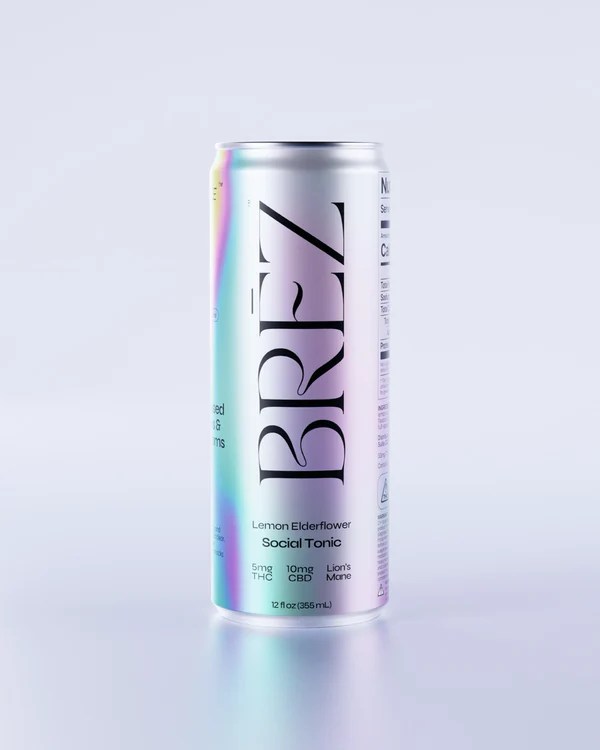List of THC Products That Might Be Banned in 2026: Gummies, Drinks, and Vapes to Watch
November 16, 2025
Federal lawmakers just pulled the rug out from under the booming multibillion-dollar cannabis market. In a surprise twist tucked into the bill that reopened the federal government, Congress signed off on sweeping changes to the definition of “hemp,” effectively putting a one-year countdown on many of the THC-infused products stoner culture has embraced, The Washington Post reports.
The new law doesn’t just tweak regulation, it could also wipe out entire categories of low-dose THC beverages, vapes, gummies, and more. Until now, the companies behind these THC products operated in a gray zone under the Agriculture Improvement Act of 2018 (the “Farm Bill”). With the change set to go into full force in roughly 12 months, now’s the time for cannabis customers (and brands) to stay in-the-know and pay attention.
READ MORE: THC Ban Hidden in Government Bill Has Hemp Brands in Panic Mode, Stock Up Just in Case
The recent language tucked in the federal funding bill could make a huge chunk of hemp-derived THC products illegal by November 2026 unless the law is changed. Here is what’s likely at risk, according to Cannabis Business Times:
- Edibles (gummies, chews, baked goods) that contain cannabinoids like Delta‑8 THC, Delta‑10 THC, HHC or any hemp-derived THC above 0.4 mg per container.
- Vapes, oils or tinctures marketed as giving you a “buzz” or relaxing high, if they’re derived from hemp but contain synthesized cannabinoids or exceed total THC limits.
- Drinks, sodas or seltzers with hemp-derived THC that currently take advantage of regulatory loopholes (tiny delta-9 THC but also high total THC via other cannabinoids). These are squarely targeted by the new rules.
- Products with “synthetic” or lab-modified cannabinoids (as in, cannabinoids that don’t naturally occur in the plant or are manufactured outside the plant). The law would explicitly exclude these.
- Even some “non-intoxicating” CBD products could get caught up if they exceed the very low total THC threshold (0.4 mg per container) or contain other disallowed compounds.
Basically, if it’s hemp-derived, gives a high (or markets one), and isn’t clearly regulated, it could disappear in a year’s time. Stocking up now may not be a bad idea, but still stay aware of how laws and state rules evolve in the coming year.
SAVE NOW: Best Cannabis Cyber Week Deals Worth Getting High About
- November 12, 2025: The bill with the hemp-derived THC language is signed into law (or the signing takes place around this date).
- Within 90 days of enactment: Federal agencies (like the Food and Drug Administration) must publish lists of cannabinoids naturally produced by the plant and those that are “tetrahydrocannol‐class” under the law.
- November 12, 2026: As the one-year implementation period ends, the full enforcement of the new limits kicks in. After this point, products above the 0.4 mg total THC cap per container and synthetic/intoxicating cannabinoids derived from hemp become federally illegal under the new rule.
Keep the tab open—these go hard too:
Search
RECENT PRESS RELEASES
Related Post
 (opens in a new window)
(opens in a new window) (opens in a new window)
(opens in a new window) (opens in a new window)
(opens in a new window) (opens in a new window)
(opens in a new window) (opens in a new window)
(opens in a new window) (opens in a new window)
(opens in a new window) (opens in a new window)
(opens in a new window) (opens in a new window)
(opens in a new window) (opens in a new window)
(opens in a new window) (opens in a new window)
(opens in a new window)


